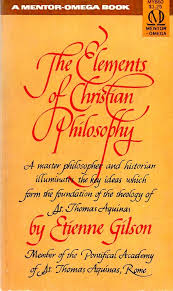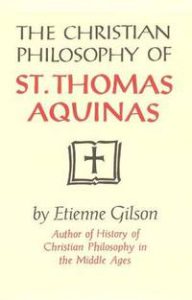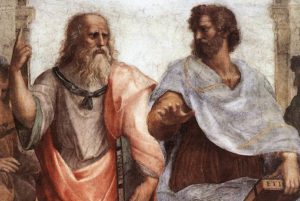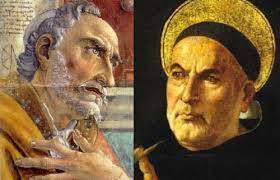
So, if created things have no actions productive of effects, it follows that no nature of anything would ever be known through the effect. And thus, all the knowledge of natural science is taken away from us, for the demonstrations in it are chiefly derived from the effect. (Aquinas SCG 3.69.18)
Secondary Causes: Their Relation to the Primary Cause (God)
The Primary Cause (God) is the uncaused cause, the source of all beings and existence.1“For Scholastics, in order to be caused (whether caused to exist or caused to undergo some change), a thing must in some way be a mixture of act and potency, since to change or come into being is to go from potency to act. But then what is pure actuality and thus devoid of potency not only need not have a cause, but could not have had one. Hence it is false to say that everything has a cause. The principle of causality says that what changes requires a cause, that what comes into being has a cause, that what is composite, contingent or merely participates in being needs a cause, and in general that what goes from potency to act requires a cause. But that is very different from saying that absolutely everything has a cause. When the Scholastic says that God is uncaused, that is not because God is being made an arbitrary exception to a general rule. It is rather because God is taken to be pure actuality, non-composite, non-contingent, and so forth.” Edward Feser, Scholastic Metaphysics: A Contemporary Introduction (editiones scholasticae, 2014), p. 107. God continues to sustain the universe at every moment to ensure its continued existence and operation.
Secondary Causes like finite living beings and natural forces possess causal powers. For example, fire has the power to heat and a human has to power to make choices and initiate action. Everything must have a cause. A thing’s nature must be caused by another, that is, it is causally dependent on another agent in a chain of causes. Since these agents are dependent, there are accordingly regarded as secondary” causes. This chain of causes operates as an interactive system established by God. However, each “secondary” cause is ultimately dependent on the power of the Primary Cause (God).
What is the relationship between primary cause and secondary cause? The relationship between a craftsman and his tool provides a helpful analogy: The craftsman (God) is the primary cause of the artifact but this does not undermine the genuine role contributed by the tool (secondary cause) in the production of the artifact.
In Defence of Secondary Causation Against Occasionalism
According to occasionalism2Occasionalism was a dominant philosophy school in medieval Islam. Its prominent advocates included Al-Ash’ari (10th C), founder Ash’arite occasionalism and following him, Al-Ghazali (12th C) and Fakhr al-Din al-Razi (13th C). According to Islamic occasionalism, what appears to be causal relationships in nature are merely God’s habit (’adah) of creating certain events after others, with no necessary connection between them. “God has decreed as a matter of habit (’adah) that the succession of accidents shall correspond to a certain pattern… But it is clear that God who is the ultimate Agent could alter this course of habit freely.” See Majid Fakhry, Islamic Occasionalism (Routledge, 1958, 2008), p. 30, created substances do not have intrinsic power of causation to bring about changes or events. There is no secondary causation since all events are directly caused by God. The discussion below defends the necessity of secondary causation by highlighting some weaknesses of occasionalism. Continue reading “In Defence of Secondary Causation Against Occasionalism”





